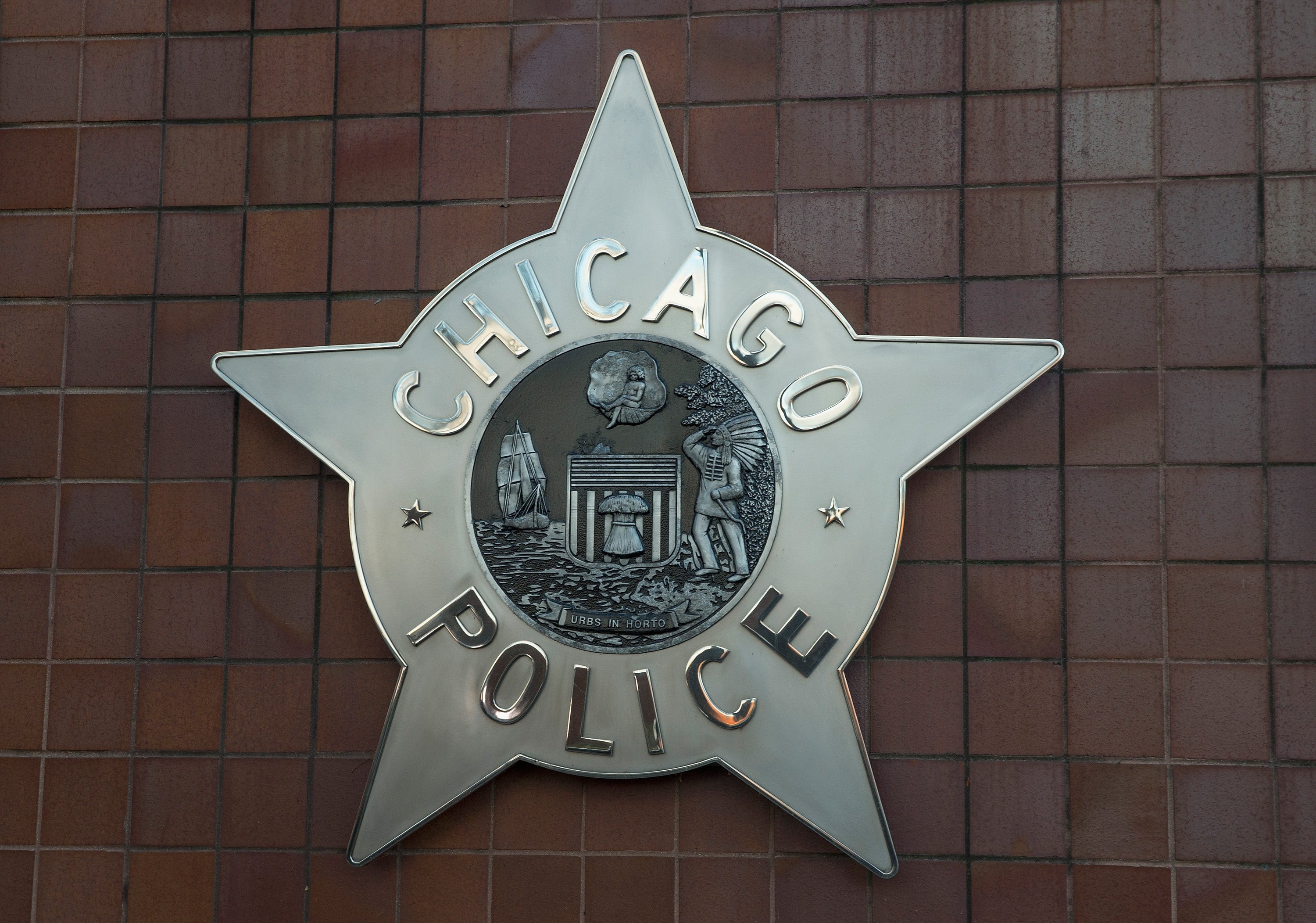Chicago to start answering some 911 calls with team of mental health professionals
Similar programmes have been attempted across the US, with mixed results

Mental health professionals coupled with paramedics will start answering some 911 calls instead of police for the first time in Chicago, as the city tries to shift its emphasis to a “public health approach”.
One such pilot project that will launch this autumn will see specialists assigned to any callouts designated as involving “behavioural health”, reported the Chicago Sun-Times.
A second pilot will have paramedics and recovery specialists deal with calls on substance abuse.
Chicago has been incorporating crisis intervention training for a few years after the cases of teenagers Laquan McDonald and Quintonio LeGrier, in which both experienced mental health episodes but were shot and killed by police officials.
The pilot programmes aim to test how much police can be relieved of mental health calls that can sometimes come with high levels of risk. Such programmes have been attempted across the country with mixed results.
The changes are a response to high-profile incidents like that in March 2020 in Rochester, New York, when a Black man from Chicago died after police placed a mesh hood over his head during a mental health episode.
He was pinned to the ground, but a grand jury decided to forego charging the officers involved. This came despite body camera evidence showing 41-year-old Prude being pinned to the ground naked until he stopped breathing.
The alternate response project also comes in the wake of the debate over the police’s handling of George Floyd that led to his murder in Minneapolis last spring. The officer who knelt on Floyd’s neck, Derek Chauvin, was recently convicted for his murder. Floyd had battled addiction and was also reportedly struggling with depression.
Chicago city officials dubbed the inclusion of mental health clinicians as a “public health approach to responding to 911 calls”.
“We’re super excited. This is a brand new workforce for the city, and it’s an exciting opportunity to use a public health approach for people likely to come in contact with the first-responder system,” Alex Heaton, Chicago mayor Lori Lightfoot’s policy adviser for public safety, told the Chicago Sun-Times.
City officials have also said that they will staff two ambulances, each with a police officer trained in crisis intervention, a paramedic and a mental health clinician before the project officially launches in the autumn.
Local reports said teams based on the north and south sides of Chicago will respond around the clock across 13 neighbourhoods with historically high number of mental health calls.
These neighbourhoods are: Uptown, North Center, Lake View, Humboldt Park, West and East Garfield Park, West Englewood, West Elsdon, Chicago Lawn, West Lawn, Gage Park, Auburn Gresham and Chatham.
Join our commenting forum
Join thought-provoking conversations, follow other Independent readers and see their replies
Comments
Bookmark popover
Removed from bookmarks